
Bethany Brookshire was a longtime staff writer at Science News Explores and is the author of the book Pests: How Humans Create Animal Villains. She has a B.S. in biology and a B.A. in philosophy from The College of William and Mary, and a Ph.D. in physiology and pharmacology from Wake Forest University School of Medicine. She was a 2019-2020 Knight Science Journalism Fellow at MIT, the winner of the Society for Neuroscience Next Generation Award and the Three Quarks Daily Science Writing Award, among others.

All Stories by Bethany Brookshire
-
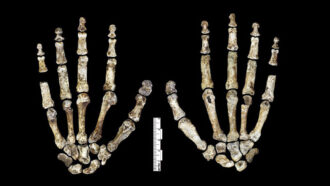 Humans
HumansLet’s learn about early humans
Homo sapiens are the last member left of our genus. But many other species of early humans existed before us.
-
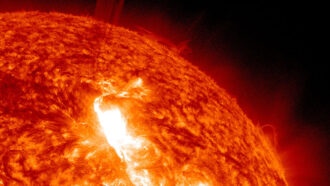 Space
SpaceScientists Say: Solar
What do solar energy, the solar year and solar flares have in common? They’re all related to the sun.
-
 Chemistry
ChemistryLet’s learn about batteries
Many things in our lives rely on batteries. Here’s how scientists are working to make new ones — and make existing batteries safer.
-
 Animals
AnimalsTo figure out your dog’s ‘real’ age, you’ll need a calculator
What’s your dog’s human-equivalent age? Just multiply how old it is times seven, right? Uh, no. And here’s why.
-

Explainer: What are logarithms and exponents?
Mathematics provides a means of tracking, comparing and expressing data that vary broadly in scale.
-
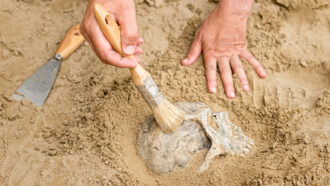 Archaeology
ArchaeologyScientists Say: Archaeology
People leave things where they’ve been — old buildings, trash heaps and human skeletons. Archaeology is the study of those left-behind things.
-
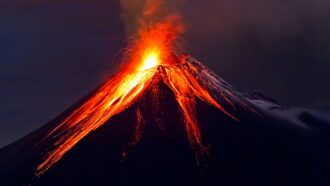
-
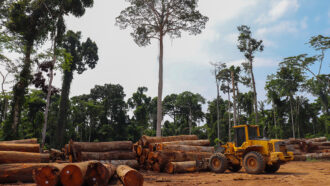 Ecosystems
EcosystemsScientists Say: Deforestation
Trees slurp up carbon dioxide and help keep our planet cool. But deforestation cuts those trees down in large numbers.
-
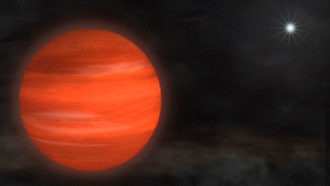 Planets
PlanetsLet’s learn about exoplanets
Exoplanets are planets outside of our solar system. Scientists are finding out more about them than ever before.
-
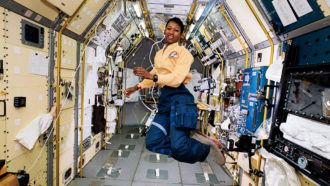 Physics
PhysicsScientists Say: Microgravity
Gravity is a force that brings objects together. But when those objects get far away, the force feels small. It feels like microgravity.
-
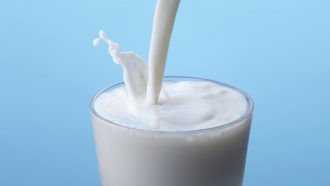 Health & Medicine
Health & MedicineCan we taste fat? The brain thinks so
Scientists had not considered fat a 'taste.' The brain begs to differ, new data show.
-
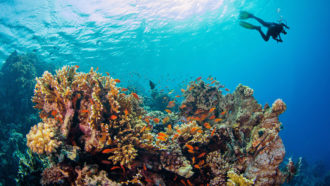 Ecosystems
EcosystemsLet’s learn about coral reefs
Coral reefs are home to many important species. But climate change is stressing corals to the max.